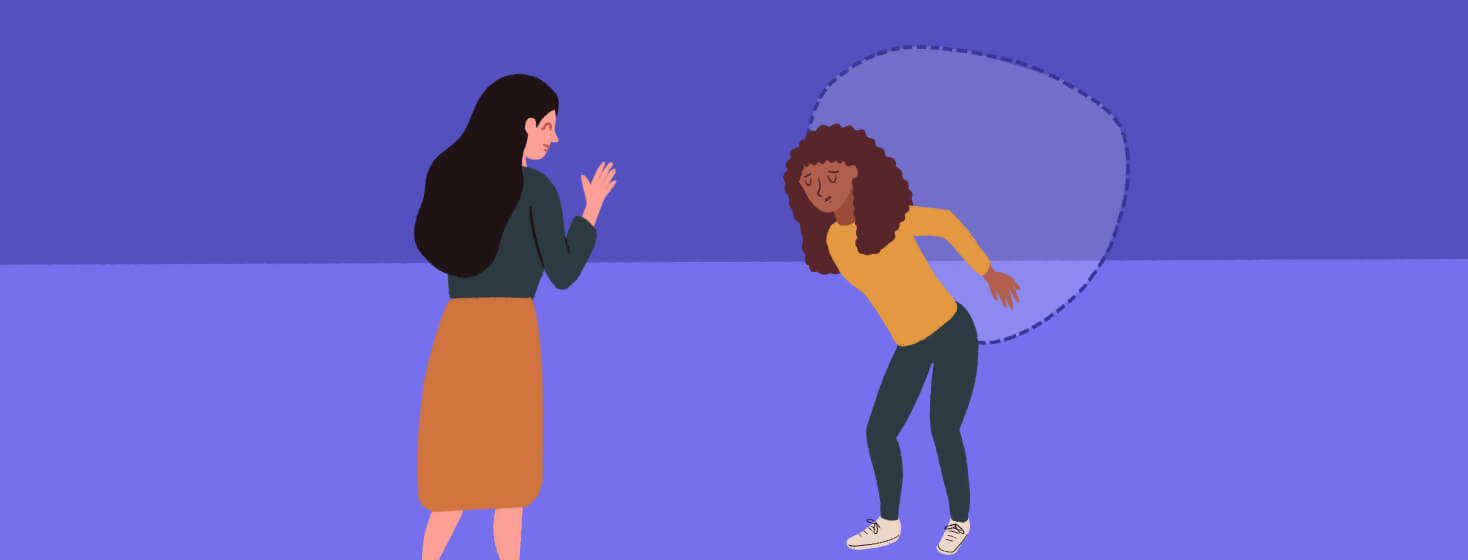5 Silent Signs Of Psoriatic Arthritis Pain And Suffering You Should Know About
Psoriatic arthritis is considered an invisible illness. This means it is a chronic condition that has pain and symptoms that you cannot see. It's this physical burden that takes an emotional toll.
How those with psoriatic arthritis "show" their pain
Friends and family often assume that if I do not speak of the pain and suffering that psoriatic arthritis creates in my life, it must not exist or be that bad. What they do not realize is that if I were to speak of how it affects my life, I would never shut up.
Not wanting to be labeled a complainer or burden, I, like many patients, keep quiet about their pain and suffering. But there are silent ways we express psoriatic arthritis pain and suffering. Here are five examples.
We hide our psoriasis skin, of course
We are constantly aware of how our clothes might expose a psoriasis outbreak. Long-sleeved shirts in the middle of summer? Wearing pants when it’s hot out? Wearing make-up to cover blotchy skin?
All of these are things we do to avoid stares and questions about our skin. It’s incredibly tiring and painful both physically (from the heat) and emotionally (from the worry).
Brain fog and our ability to communicate!
The brain fog caused by inflammation sometimes makes it hard for us to find words. We might start a sentence and then forget what we were talking about mid-sentence. Or we might say the wrong word entirely. Speak like Yoda, known for I am.
Hunting for our words and questioning everything we say can frustrate us and those trying to communicate with us. On top of that, the pain can make it hard for us to enunciate words properly or project our voices like we used to. So even though we’re technically speaking, it’s often hard for others to understand what we’re saying.
Tripping, stumbling, losing our balance. Oh my!
Because of the inflammation in our joints, it’s common for us to lose balance or stumble when walking. This can be really embarrassing, especially when it happens in public.
But even at home, it can be dangerous if we’re not careful. We might fall and hurt ourselves if we’re not paying attention to where we’re walking or if our balance is off.
Psoriatic arthritis affects our mood, hello!
Pain, fatigue, brain fog, and constant worry can affect our mental health. It’s common for us to experience mood swings or changes in our temperament. We might get irritable more easily than usual or have trouble concentrating on tasks that require mental focus.
This can strain our relationships with family and friends who might not understand what we’re going through. They might think we’re just being grumpy when really we’re in a lot of pain or feeling very fatigued.
The impact of stress and fatigue
One of the most common things people with arthritis will say is that they feel tired all the time — even after a full night’s sleep! This fatigue can be so debilitating that it interferes with our ability to work, socialize, care for ourselves, etc.
The stress of living with a chronic illness can add even more fatigue because our bodies are constantly in “fight-or-flight” mode due to the release of stress hormones like cortisol." If it seems like we're not interested in doing anything, it is probably because we're tired from all the fighting we've been doing to get through the day.
What other silent signs would you add to this list?
These are just five examples of how psoriatic arthritis patients like myself express suffering and pain without words. It isn’t that we are necessarily hiding anything. It may be that we don’t want to burden others with our pain.
Most of the time, we just don’t have the energy to think of the words needed to express our feelings, either physical or emotional. What other silent signs would you add to this list?
This or That
Do you also find it painful to sit for extended periods of time?

Join the conversation